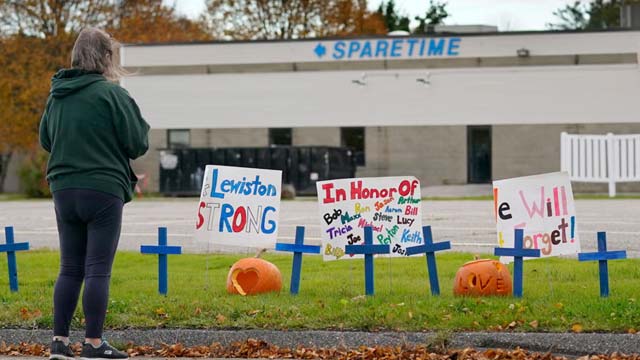
An Army health specialist highlighted to a panel investigating a mass shooting by a reservist experiencing a psychiatric crisis the disparities in healthcare access for Army reservists compared to full-time soldiers. Col. Mark Ochoa, the command surgeon from the U.S. Army Reserve Command, explained that with no Army hospitals in New England and limited Veterans Administration care, reservists often rely on private healthcare providers. However, these providers are restricted from sharing information with the Army command, creating communication gaps that may prevent commanders from fully understanding their soldiers' health conditions.
Ochoa detailed the available crisis services for soldiers and their families but noted that the Psychological Health Program cannot compel reservists to undergo treatment, a decision that lies with their commanders. Despite extensive services, communication failures and soldiers' fears of career impacts deter them from seeking help. The commission, established by the governor to investigate the shooting, learned that Robert Card, the 40-year-old gunman who killed 18 people and injured 13 others, had been grappling with paranoia and had a psychiatric breakdown during military training. Colleagues had warned superiors of his potential for violence shortly before the attack.
Following the tragedy, Maine's Legislature strengthened gun laws and increased funding for mental health crisis care. The commission's preliminary report criticized the police's handling of the removal of Card's weapons, suggesting they should have taken more proactive measures under the state's “yellow flag” law. The final report is expected this summer. Mental health experts emphasize that most individuals with mental illness are not violent, and access to firearms is a significant factor in such tragedies.





















